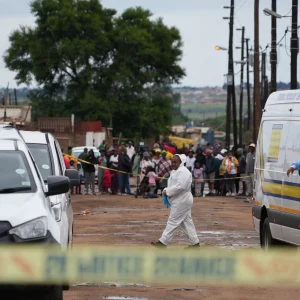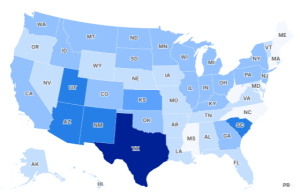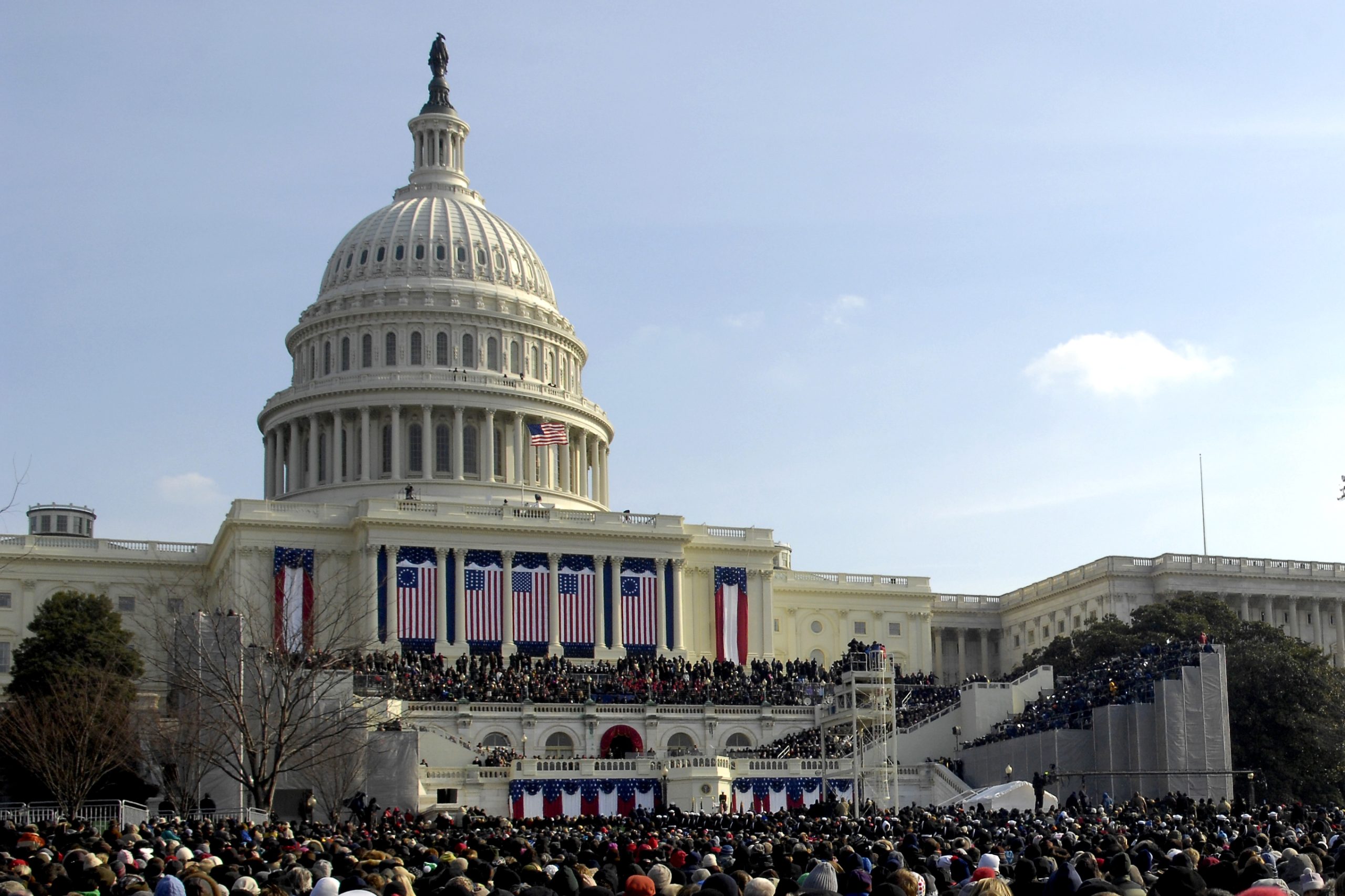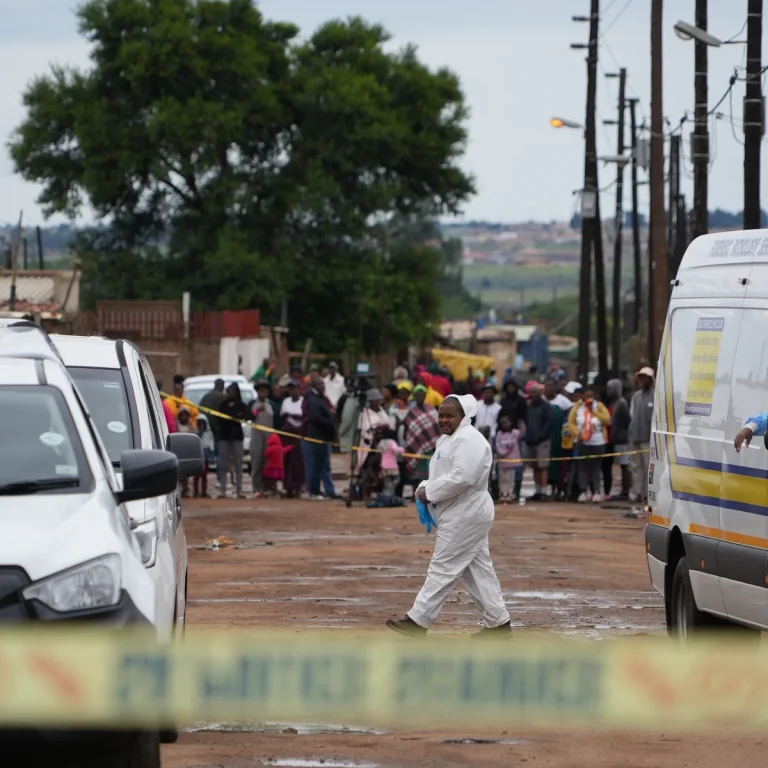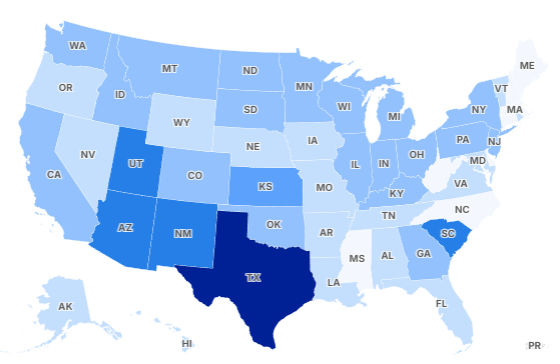A senior adviser in the U.S. Department of Justice is under renewed public and political scrutiny after the release of body-worn camera footage from January 6, 2021, raised fresh questions about his conduct during the Capitol riot.
Jared Wise, a former FBI special agent who now serves in the DOJ’s Office of the Deputy Attorney General, was among those present outside and inside the Capitol on the day Congress met to certify the 2020 presidential election results. Prosecutors previously alleged that Wise entered the building unlawfully and made remarks toward law enforcement during the height of the violence.
The footage, obtained and published by NPR, was entered into evidence during earlier federal proceedings against Wise. It shows him in close proximity to confrontations between rioters and Capitol Police. Prosecutors have claimed that his recorded statements reflected hostility toward officers attempting to hold the line against the crowd.
Wise, who served with the FBI from 2004 to 2017 in roles spanning international counterterrorism and supervisory duties, acknowledged under oath that he entered the Capitol through a breached doorway and remained inside for roughly 10 minutes. Court records indicate he spent additional time on the surrounding grounds. He has maintained that his time inside did not involve damaging property or committing physical violence against law enforcement.
At the time of the events, Wise was working as a private consultant in Oregon. Federal prosecutors charged him with civil disorder, disorderly conduct on Capitol grounds, and aiding and abetting an assault on law enforcement officers. He entered pleas of not guilty to all counts, and his defense team argued that his actions, while ill-advised, did not amount to criminal conduct.
The case took a decisive turn in early 2025, following the inauguration of President Donald Trump. In one of the administration’s first high-profile legal actions, the Justice Department moved to dismiss all pending federal charges connected to January 6. Wise’s case was among those dropped, ending the criminal proceedings against him.
That decision, coupled with Wise’s subsequent role inside the Justice Department, has fueled criticism from former prosecutors and legal experts. Greg Rosen, who led the DOJ’s now-disbanded Capitol Siege Section, argued that the department’s hiring choice sent the wrong message. “The Department of Justice could have hired anyone,” Rosen said. “They chose someone who was alleged—and credibly alleged—to have participated in a riot.”
During court testimony in his earlier case, Wise admitted to making aggressive statements captured on police bodycam video but characterized them as impulsive expressions of frustration at what he perceived to be excessive police force. “Those are terrible things to say,” he told the court. “I think I was careless and used terrible words when I was angry.”
Assistant U.S. Attorney Taylor Fontan challenged that account, pressing Wise on whether certain recorded phrases were meant literally. Wise denied wanting harm to come to anyone and framed his comments as constitutionally protected speech rather than a call for violence. Defense attorneys argued that chaotic noise levels made it unlikely his words were heard by those engaged in direct clashes with officers.
Wise has acknowledged that his decision to enter the Capitol was “irrational” and that it should have been clear he was not authorized to be there. He maintains, however, that his presence and words did not constitute violent participation in the riot.
The Justice Department has publicly defended Wise’s current position. A spokesperson described him as “a valued member of the Justice Department” and credited his contributions to ongoing policy work, including advising on matters the department frames as addressing the “weaponization” of law enforcement.
The release of the footage has reignited debate over the DOJ’s internal vetting and its handling of employees who were directly involved in the January 6 events. Critics warn that retaining such individuals risks undermining public trust in the department’s impartiality. Supporters counter that Wise has not been convicted of any crime and that his most controversial statements, however regrettable, fall within the protections afforded to political expression.
Four years after the Capitol attack, the incident remains one of the most polarizing episodes in recent American history. The blanket dismissal of remaining January 6 prosecutions has been celebrated by some as a corrective to prosecutorial overreach and condemned by others as a retreat from accountability.
For Wise, the controversy ensures continued scrutiny both of his past conduct and of the Justice Department’s decision to place him in a senior advisory role. With no further legal action pending, the debate now centers on ethics, credibility, and the boundaries of public service in an era of deeply divided political opinion.

James Jenkins is a celebrated Pulitzer Prize-winning author whose work has reshaped the way readers think about social justice and human rights in America. Raised in Atlanta, Georgia, James grew up in a community that instilled in him both resilience and a strong sense of responsibility toward others. After studying political science and creative writing at Howard University, he worked as a journalist covering civil rights issues before dedicating himself fully to fiction. His novels are known for their sharp, empathetic portraits of marginalized communities and for weaving personal stories with broader political realities. Jenkins’s breakout novel, Shadows of Freedom, won national acclaim for its unflinching look at systemic inequality, while his more recent works explore themes of identity, resilience, and the fight for dignity in the face of oppression. Beyond his novels, James is an active public speaker, lecturing at universities and participating in nonprofit initiatives that support literacy and community empowerment. He believes that storytelling is a way to preserve history and inspire change. When not writing, James enjoys jazz music, mentoring young writers, and traveling with his family to explore cultures and stories around the world.
